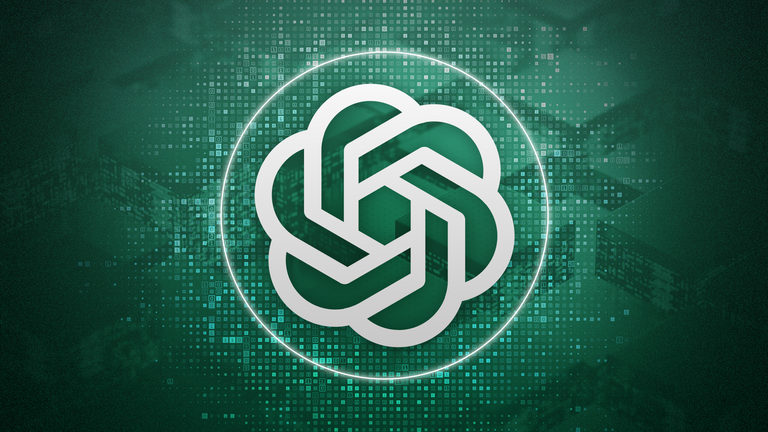In the vast landscape of the internet, where billions of users connect, converse, and collaborate daily, the evolution of AI-powered conversations has been nothing short of remarkable. At the heart of this transformation lies ChatGPT, an innovative technology that has redefined how humans interact with machines and with each other. In this blog, we’ll delve into the fascinating journey of chat openAI and its role in shaping the future of online communication.
The Genesis of AI Chatbots
The concept of AI chatbots dates back to the early days of artificial intelligence research. As computers became more powerful and algorithms more sophisticated, developers sought to create programs capable of engaging in human-like conversations. These early chatbots, however, were limited in their capabilities and often struggled to understand context, nuance, and natural language.
Enter ChatGPT
The breakthrough came with the advent of ChatGPT, a cutting-edge language model developed by OpenAI. Built upon the latest advancements in deep learning and natural language processing, ChatGPT revolutionized the landscape of AI-powered conversations. Unlike its predecessors, ChatGPT demonstrated a remarkable ability to understand and generate human-like text across a wide range of topics and contexts.
Conversational Intelligence
What sets ChatGPT apart is its conversational intelligence. By analyzing vast amounts of text data from the internet, ChatGPT learned to mimic the nuances of human speech, adapt to different conversational styles, and generate responses that are contextually relevant and coherent. Whether engaging in casual chit-chat, providing customer support, or assisting with complex inquiries, ChatGPT excels at understanding and responding to user input in a natural and conversational manner.
Applications Across Industries
The versatility of ChatGPT has made it a valuable asset across various industries and domains. In customer service, businesses leverage ChatGPT-powered chatbots to provide round-the-clock support, answer frequently asked questions, and streamline customer interactions. In education, ChatGPT serves as a virtual tutor, helping students learn new concepts, solve problems, and improve their language skills. In healthcare, ChatGPT aids in patient engagement, symptom assessment, and medical information dissemination.
Ethical Considerations
While the rise of AI-powered conversations brings tremendous opportunities, it also raises important ethical considerations. As ChatGPT becomes increasingly indistinguishable from human interlocutors, questions arise regarding privacy, data security, and the responsible use of AI technologies. Furthermore, concerns about algorithmic bias, misinformation, and manipulation underscore the need for transparency, accountability, and ethical oversight in the development and deployment of AI chatbots.
The Future of Conversational AI
Looking ahead, the future of AI-powered conversations holds immense promise and potential. As technology continues to advance, we can expect ChatGPT and similar AI models to become even more sophisticated, intuitive, and empathetic in their interactions with users. From personalized virtual assistants to immersive conversational experiences, the possibilities are boundless.
